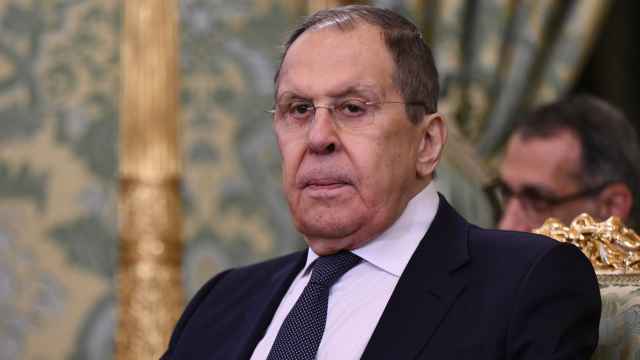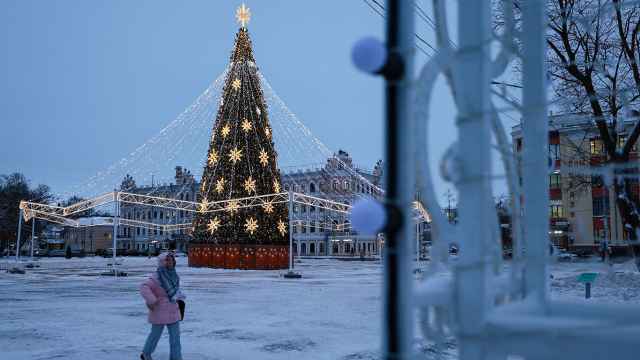Three satellites meant to complete Russia’s ambitious Glonass system crashed into the Pacific Ocean on Sunday after a failed launch, space officials said, dealing a setback to a Kremlin project designed to rival the widely used GPS navigation technology.
The satellites went off course and crashed about 1,500 kilometers northwest of Honolulu, Hawaii, after blasting off from the Russian-leased Baikonur launch pad in Kazakhstan, Interfax reported.
The Khrunichev Space Center said the satellites had failed to enter the right orbit after the launch went wrong 10 minutes after take-off.
In a separate statement, the Federal Space Agency said that, “according to the results of our telemetric analysis, it has been determined that the group of satellites went off orbit.”
Both agencies said specialists were trying to work out what went wrong.
The satellites were the last of the batch of 24 satellites at the heart of Glonass, Russia’s answer to GPS, or the U.S.-built Global Positioning System. Russia has been developing Glonass since 1976. The state has spent $2 billion in the last 10 years on the project, and the system had been expected to be fully operational by end of January 2011.
The government’s enthusiasm for Glonass as a viable alternative to GPS has been so high that Deputy Prime Minister Sergei Ivanov announced in October that a 25 percent customs duty might be levied on all devices that supported GPS and not Glonass.
The head of M2M Electronics, a subcontractor specializing in microelectronics for the Glonass program, said Sunday’s failure was “no great tragedy.” Yevgeny Belyanko told Rossia-24 television that existing satellites already covered all of Russia, had good coverage up to polar latitudes, and “perhaps not quite as good” coverage of the equatorial region. “Therefore the absence of these three satellites … will not have any serious consequences,” he said.
A Message from The Moscow Times:
Dear readers,
We are facing unprecedented challenges. Russia's Prosecutor General's Office has designated The Moscow Times as an "undesirable" organization, criminalizing our work and putting our staff at risk of prosecution. This follows our earlier unjust labeling as a "foreign agent."
These actions are direct attempts to silence independent journalism in Russia. The authorities claim our work "discredits the decisions of the Russian leadership." We see things differently: we strive to provide accurate, unbiased reporting on Russia.
We, the journalists of The Moscow Times, refuse to be silenced. But to continue our work, we need your help.
Your support, no matter how small, makes a world of difference. If you can, please support us monthly starting from just $2. It's quick to set up, and every contribution makes a significant impact.
By supporting The Moscow Times, you're defending open, independent journalism in the face of repression. Thank you for standing with us.
Remind me later.





